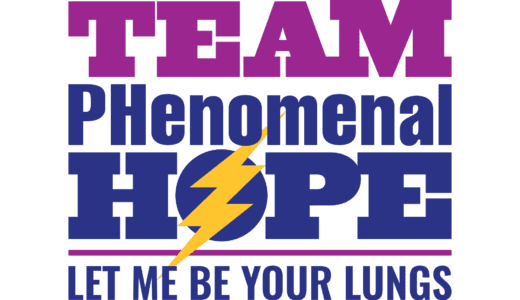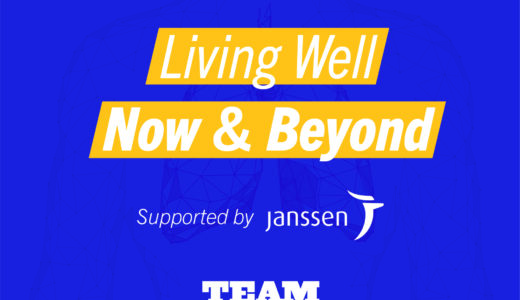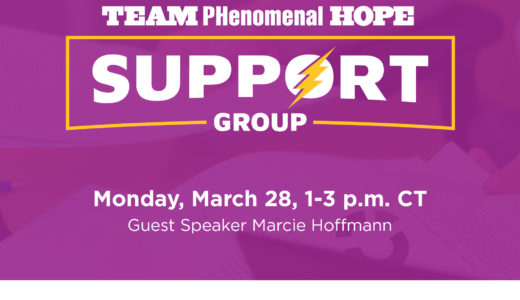Finding Resilience and Gratitude in the Midst of a Pandemic: Patricia George

This past year, like many healthcare workers, I’ve struggled with the moral injury that comes from fighting a pandemic when our country’s leadership and some fellow Americans are not fighting alongside us. Fighting disinformation and conspiracy theories while trying to help people suffering from COVID-19. I think that it one aspect of this that has taken such a big toll on many of us. It didn’t have to be this way. We are the United States of America, rich with scientists and innovation. We could have fought back. Yet that was not the path taken by the current leadership. So while the race for the vaccine took off (with very hopeful results), the spread of the virus was allowed to happen, filling our hospitals now with people to whom this should not have had to happen.
So in the midst of this I prayed. I meditated. And I put my anxieties and pain out into the universe. It was the only thing I could do. I did this all summer long, and continue to do so.
I also wrote to literally put these machinations out into the universe. #WritingIsMyTherapy — I started writing about the impact of this moral injury on our lives, and how it is crucial we help ourselves and each other. I wrote about working to get back on the bike, not just for training, getting healthy, but actually, in a way, to save my life. And I searched for ways to find my way out of my own moral injury.
The first step came when I met with my chief, who helped me understand that certain pressures I felt were those I had placed on myself, told me to allow myself to coast a little and that I should definitely get back on my bike. As I let her advice sink in, she helped give me a little leeway to explore how to get out of this depth. A couple of weeks later, I continued to churn on the topic of burnout and moral injury and shared my blog post with a colleague of mine, Dr. Tatiana Prowell, who is 2 years ahead of me in terms of medical lineage, and who I will always think of as “my senior resident.” She read the blog post before it posted and reached out to me to help me through the tunnel. On a Sunday morning, she helped me workshop ideas about “ikigai,” which means reason for being, and this was the start on a healthier and more purposeful path. The concept of ikigai deserves its own blog post, but the point is that these two meetings helped me shift my frame back to seeking meaning and, consequently, back to the bike.
Having some direction from my chief and my senior, I started working with a couple of coaches, but to help me realize my vision of how I can best serve the world in my job and in my life, and how I can best realize my best, healthiest self on the bike. They’re helping me take those initial conversations and put them into practice, and this is going to be a longer, but worthwhile process. Check out The Happy MD website.
And finally, this past month has been a big month for our nonprofit, Team PHenomenal Hope, and so I’ve leaned in to our lecture series, which culminated with a Team PH Chat, a Twitter Chat, on resilience and gratitude. In preparing for this Twitter Chat, I watched this TED talk by Dr. Lucy Hone on Resilience. Dr. Hone is a resilience researcher, who lived through the Christchurch earthquake. She also lived through the loss of her own daughter and discovered three key things that resilient people have in common:
1. “Resilient people get it that stuff happens. They know that suffering is a part of life… part of every human existence.” Resilient people seem to know that “shiny photos on Instagram are not the norm.”
2. “Resilient people are really good at choosing carefully where they direct their attention. They focus on the things they can change and tune out the things they can’t.” People who find three good things that happen each day — i.e., a gratitude journal — have increased happiness.
3. Resilient people ask themselves, “Is what I’m doing helping or harming me?” Do I need that second glass of wine, she offers as an example. Or in my life I think of this: Is doomscrolling on social media helping me get better/stronger?
I highly recommend watching this TED Talk, or at least reading the Blog on the Dr. Lucy Hone TED Talk here.
I think Dr. Hone’s TED Talk and our Twitter Chat helped me see this new path. The path of resilience is an active path. It requires work. It requires vision. And I’m now in it everyday. For the first time in a long time I allowed myself to be completely off this past 4-day weekend (except for rounding on our inpatients in the morning). No email. No task bucket. Just sleep with no alarm and even add in a nap (over 9 hours a day for a couple of days — it was incredible), read, exercise, watch the latest episode of The Mandalorian (twice) and restore. The work, the email inbox — Those things could wait until Monday. This rest was glorious. I feel like a new person. But staying on this path of resilience is going to take ongoing work. Every single day.
What kind of work? It starts with going through your own journey. I think for many of us it takes awhile to see and absorb the pain of what we are going through and really process it. But then it requires actively seeking a way out of the pain and despair. Even though the stress of this pandemic is greater than anything most of us have experienced and will continue for some time to come. It also, for me, means listening to Dr. Hone and embracing her advice, but the topic of my next blog post is going to be. a review of a how-to book I read over the weekend, which honestly, as Brene Brown stated, may be a game changer. The book is called called Burnout: The Secret to Unlocking the Stress Cycle, by Emily and Amelia Nagoski. It is outstanding, was the book I needed at this moment in time, and deserves its own post for sure. In the meantime, check out Brene Brown’s podcast in which she interviews the authors (which is what led me to this book to begin with) here.
I am forever grateful for my chief, my senior, my coaches, the words of Dr. Hone, and Brene Brown, Emily and Amelia Nagoski, who have helped me find a way through the tunnel of this pandemic. And now, as we close out November and enter December, the work continues.
See Team PHenomenal Hope’s COVID-19 resources here.



